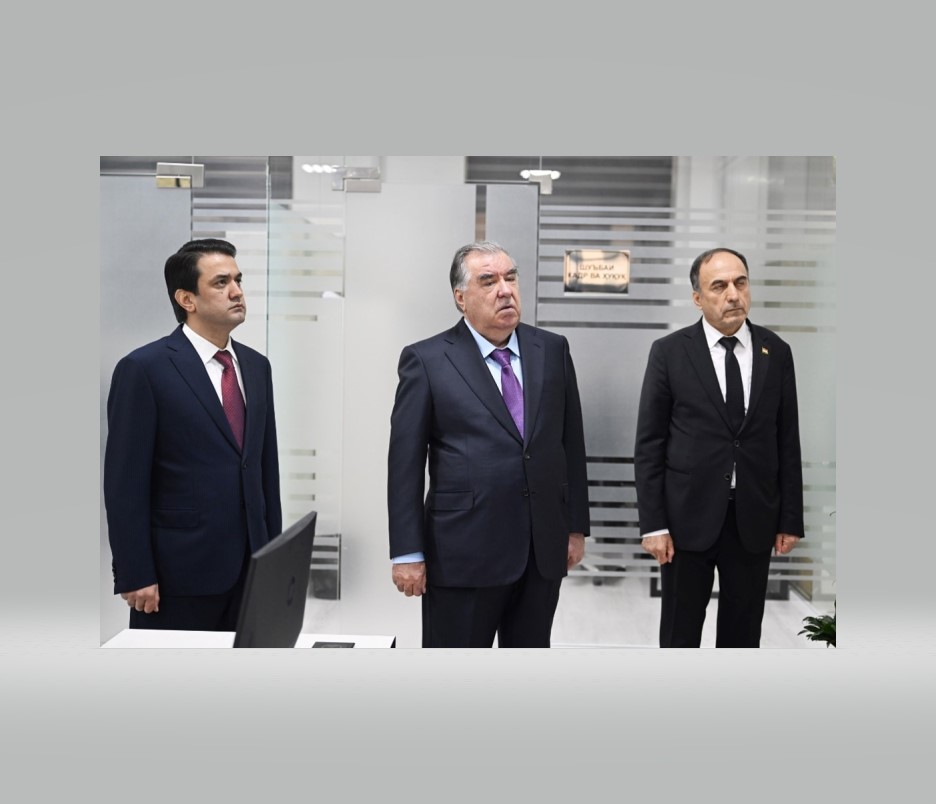The East Africa Community (EAC) has launched a Sh1.3 trillion revolving fund targeting micro small and medium enterprises in the region.
The programme, which is a partnership with Equity Bank Group and the MasterCard Foundation, seeks to also offer capacity building to traders within the regional bloc.
EAC Secretary General Dr Peter Mathuki last Thursday inked the deal with Equity Bank Chief Executive James Mwangi at the two-day East Africa Heads of State Summit in Arusha, Tanzania.
https://www.youtube.com/watch?v=Lfch2R7OgQk
The Sh1.3 trillion funding portfolio represents Equity Group’s entire balance sheet and is also contributed to by other 16 financing partners including Africa Development Bank, Bill and Melinda Gates Foundation, International Finance Corporation, and the Warren Buffet Foundation, among others. The deal aims to spread risks and mitigate any business mortality, and also cover non-performing loans.
The financing seeks to empower the agriculture-dependent EAC which has not been spared by the disruptions in the supply of key goods in the global market
“Covid-19 affected our markets and economies in a great way, but with key lessons to stop dependence on the outside markets such as Ukraine and Russia for grains and Indonesia for palm,” Mwangi said.
Mr Mwangi urged the bloc to spur the manufacturing sector by leveraging on the huge youth labour market.
His sentiments were echoed by President Uhuru Kenyatta who said Europe trades more with each other because it exports finished goods. “We have to scale our productivity if we are to compete in the global market,” he said. [Brian George, Arusha]
“History will tell you that at some point in 1960 the DRC and Nigeria were world leaders in producing palm oil, controlling 90 per cent of the global market. We need to revive that and reclaim that space,” said Mr Mwangi
Mr Mwangi urged the bloc to spur the manufacturing sector by leveraging on the huge youth labour market and raw materials to become a producer rather than a consumer economy. “We cannot always depend on China for supplies, we need to make our own batteries, electric cars and many other types of machinery. If we were to replace Russia in supplying energy we would be telling a different story,” he said.
“Europe trades more with each other because they don’t export raw materials, they export finished goods. We have to scale our productivity if we are to compete effectively at the global market even higher than the global benchmarks,” said President Kenyatta. “We all don’t have to produce these products, we can choose to supply the country that specialises in the production of specific products by value addition.”
Uhuru, who is handing over the stewardship of EAC to Burundi’s Evariste Ndayishimiye, also reiterated the importance of scaling intra-country trade among member states as the summit sought to take stock of the efforts made in the EAC Common Market chatter.
Among the other key issues that the delegates at the conference were the non-tariff barriers, taxation, market access and opening up of markets and ease of doing business.




















Discussion about this post